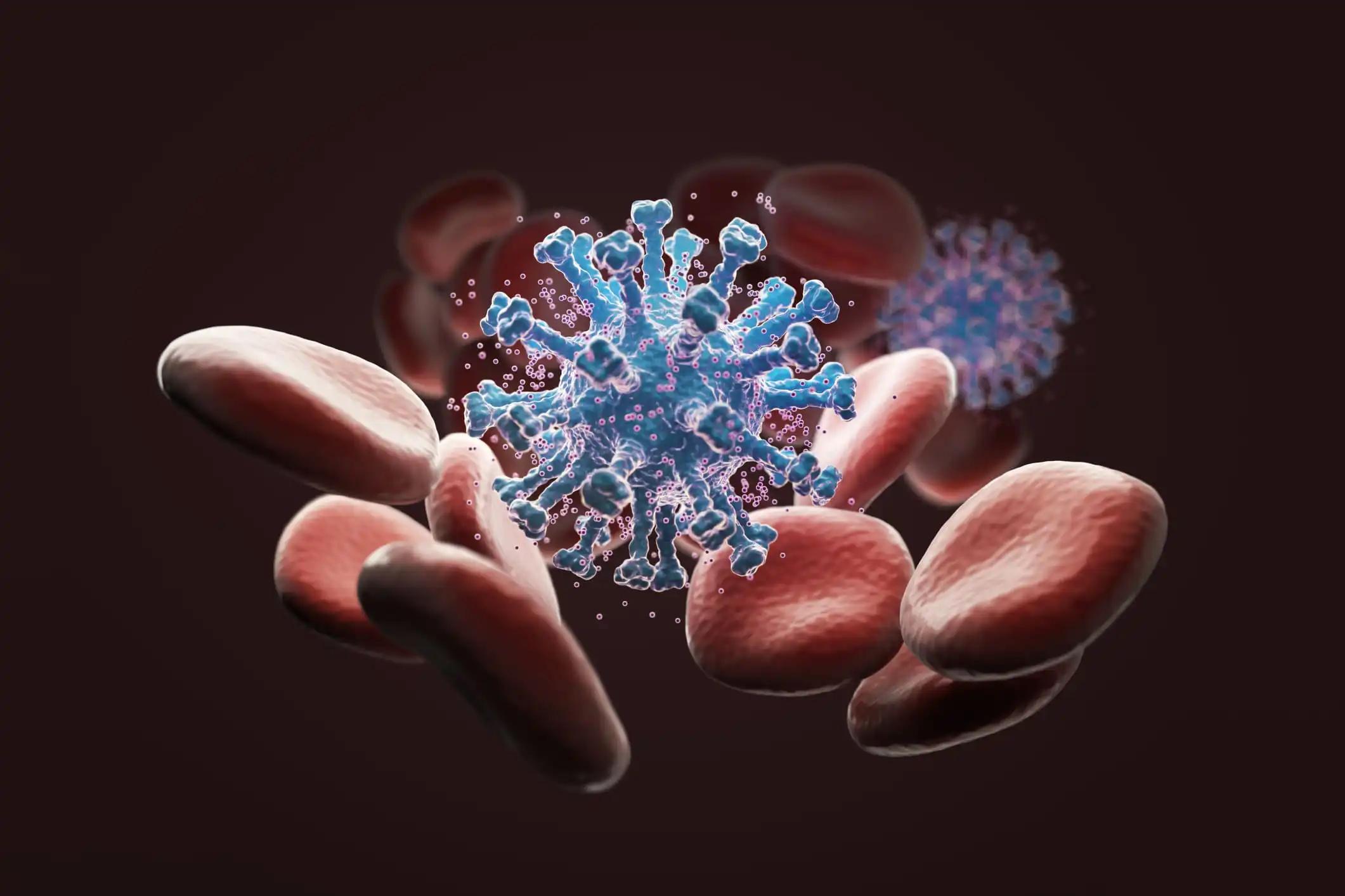KEY TAKEAWAYS
- The PACIFIC-R study evaluated the real-world effectiveness of durvalumab after chemoradiotherapy in unresectable stage III NSCLC based on the patients’ EGFR mutation status.
- The study’s primary endpoints were rwPFS and OS.
- The study showed that rwPFS was lower in EGFR-mutated NSCLC patients than those with EGFR-wildtype NSCLC, with similar OS trends.
In the Phase 3 PACIFIC trial, consolidation durvalumab for up to 12 months was established as the global standard of care ((SOC) for unresectable stage III non-small cell lung cancer (NSCLC) patients (pts) who showed no signs of progression after receiving platinum-based chemoradiotherapy.
The real-world effectiveness of this treatment approach was validated in the PACIFIC-R study, which focused on pts who received durvalumab via the global PACIFIC early access program.
The PACIFIC-R study included patients who were 18 years of age or older, had unresectable stage III NSCLC, showed no progression after platinum-based concurrent or sequential chemoradiotherapy, and started durvalumab treatment (10 mg/kg intravenously, bi-weekly) through an AstraZeneca early access program between September 2017 and December 2018.
The primary endpoints were real-world progression-free survival (rwPFS; investigator-assessed) and overall survival (OS), evaluated using the Kaplan-Meier method. Investigating rwPFS and OS based on EGFR mutation status was considered an exploratory aim of the study.
Up to November 30, 2021 (the date of data extraction), the complete analysis set encompassed 1,154 pts from 10 different countries. Among these patients, 466 had their EGFR status determined through local testing, with 44 having EGFR mutations and 422 having EGFR-wildtype NSCLC.
Notably, a larger percentage of pts with EGFR-mutated NSCLC were aged 70 years or older (40.9% compared to 27.3%) and were non-smokers (20.5% compared to 10.9%) in contrast to those with EGFR-wildtype NSCLC. In pts with available PD-L1 test results, 76.3% in the EGFR-mutated group and 76.9% in the EGFR-wildtype group exhibited a PD-L1 expression level of 1% or greater. RwPFS was lower in the EGFR-mutated group when compared to the EGFR-wildtype group. However, OS showed no significant difference between these two groups, as shown in the table.
Among the EGFR-mutated patients, EGFR inhibitors were administered as the first subsequent treatment following durvalumab in 15 out of 20 pts with distant metastases.
RwPFS was notably lower in pts with EGFR-mutated NSCLC than those with EGFR-wildtype NSCLC, while OS exhibited no significant differences. The findings regarding pts with EGFR-mutated NSCLC in PACIFIC-R were in line with the PFS and OS results from the PACIFIC trial.
An ongoing phase 3 trial known as LAURA (NCT03521154) is currently assessing the efficacy and safety of maintenance osimertinib in pts with unresectable stage III EGFR-mutated NSCLC who have not experienced progression following chemoradiotherapy.
Source: https://cattendee.abstractsonline.com/meeting/10925/presentation/935
Clinical Trial: https://classic.clinicaltrials.gov/ct2/show/NCT03798535
Peters, S., Christoph, D.C., Field, J.K., Fietkau, R., Filippi, A.R., Garassino, M., Garrido, P., McDonald, F., Mornex, F., Markman, B., Solomon, B.J., Anand, S., Chander, P., Qiao, Y., Girard, N. Real-World Outcomes with Durvalumab After Chemoradiotherapy in Unresectable Stage III EGFR-Mutated NSCLC (PACIFIC-R).



